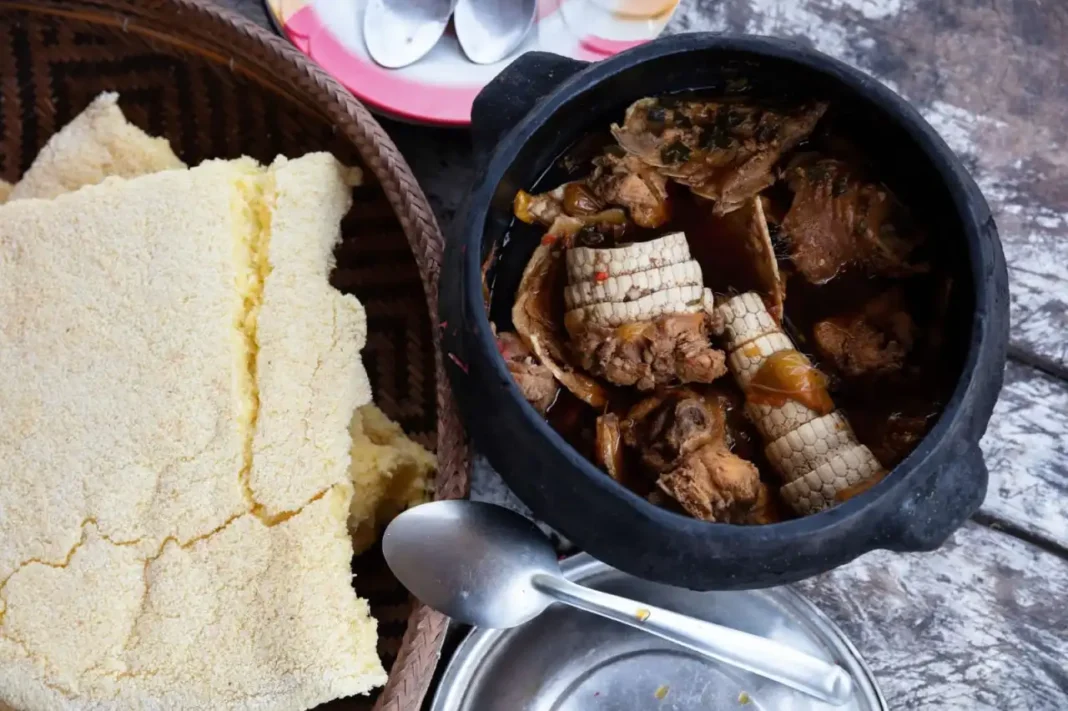Over the past few years, the Sustainable Wildlife Management (SWM) Programme has been working to create a system to track diseases in wild meat in Guyana. In 2022, the One Health Platform was launched to help the country better prepare for diseases that can spread from wildlife to humans. On Wednesday, the platform was officially handed over to the Guyana Livestock Development Authority (GLDA), marking a significant step towards a national implementation, surveillance, and response system.
The One Health Platform is supported by the European Union, the Food and Agriculture Organization of the United Nations (FAO), and other partners.
Speaking at the handover ceremony, FAO Assistant Country Representative Gitanjali Chanderpal said the event represents a shift from project-based implementation to national stewardship and long-term sustainability.
“Guyana is one of the most biologically diverse countries in the world, wildlife plays a central role in food security, livelihoods and cultures of indigenous and rural communities, however, this relationship also carries health risks especially when wild meat and wild life trade are not accompanied by appropriate surveillance, regulations and food safety practices,” Chanderpal said.
The COVID-19 pandemic, Chanderpal explained, served as a stark reminder of the global impact of zoonotic diseases.
A key achievement of the programme was the creation of a multi-sectoral platform that brings together government agencies, technical partners, and wildlife users to share information and guide actions related to zoonotic disease risks.
A methodology tailored specifically to Guyana was also developed to prioritise zoonotic diseases linked to wildlife use. This led to the creation of standardised protocols for assessing disease prevalence in wildlife, an essential step toward an evidence-based response system.
The programme also invested in strengthening the capacity of GLDA staff. Teams were trained to collect and analyse samples from the wild meat market chain, identifying potential transmission risks from the forest to the market to the table. Public awareness initiatives were also carried out, emphasising the safe handling, preparation, and storage of wild meat.
“Today’s event is a celebration of partnership, progress and shared purpose. What begin as an initiative under the Sustainable Wildlife Management Programme, has grown into a dynamic platform that brings together professionals across disciplines from public health to agriculture, conservation to academia and from national authorities to indigenous communities,” Head of the Veterinary Services Lab at GLDA, Dr. Johaine McAllister, said during her brief remarks.




